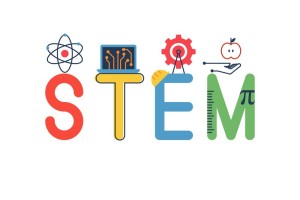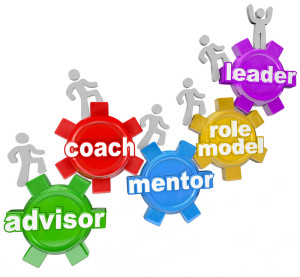We have much progress to celebrate as women but sad to say that in 2023, there is still so much more to do. I’ve seen many excellent pieces recently that illustrate the gender gaps that exist in the workplace.
Have you ever heard of “Tall Poppy Syndrome”? I hadn’t. I saw this post on LinkedIn from Women of Influence+ on a study they conducted of over 4,700 women around the world. From the post, their research shows that almost 90% of women worldwide are belittled and undermined because of their success at work. As they say, “The Tallest Poppy, our groundbreaking study, reveals an eye-opening story about how Tall Poppy Syndrome (TPS) negatively impacts ambitious, high-performing women, and what this means for organizations”. Here is the press release summarizing the results and a link to access their white paper.
It’s no wonder that many women get “imposter syndrome”, even women in executive level positions. As Becker’s reported in this short article, “75% of female executives get imposter syndrome”, imposter syndrome is doubting one’s abilities and feeling like a fraud. The article notes that women expect lower pay than men, are subject to condescension and have less faith they will be treated equally. This all leads to lowered confidence.
As Becker’s reported in this short article, “The gender ‘confidence gap’ is wide in the workplace”, the confidence gap and wage gap continue. And we are now seeing the promotions gap more clearly. Continue reading






